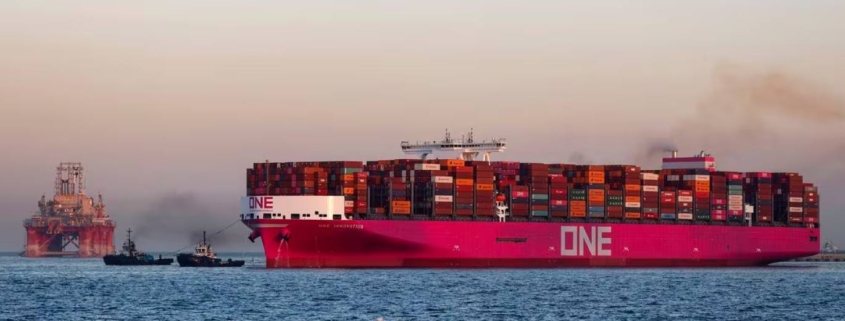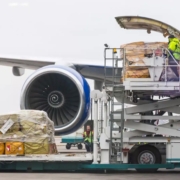New IMO Guidelines for the Transportation of Plastic Pellets
The International Maritime Organization (IMO) took a crucial step in protecting the marine environment by drafting new guidelines for the safe transportation of plastic pellets on ships. These measures are essential to prevent damage to the marine ecosystem, as plastic pellets can have devastating impacts if released into the ocean.
Importance of IMO Guidelines
The maritime industry is a cornerstone of the global economy, facilitating the transportation of goods across continents and connecting markets worldwide. However, its impact on marine ecology cannot be understated. The recent incident involving the cargo ship Toconao, which lost a container carrying 26 tons of pellets off the coast of Galicia, Spain, serves as a reminder of the potential risks associated with maritime transportation.
Plastic pellets, commonly used as raw material in plastic production, pose a significant threat to marine life and ecosystems if released into the ocean. Thus, the approval of new guidelines by the International Maritime Organization (IMO) for the safe transportation of plastic pellets on ships is a crucial step in protecting the marine environment.
At the latest meeting of the Prevention and Response Subcommittee (PPR 11) of the IMO, which took place from February 19 to 23 in London, members agreed on a draft of Recommendations for the maritime transportation of plastic pellets in containers, as well as a draft of guidelines for cleaning spilled plastic pellets from ships.
Key Recommendations from the Guidelines
The draft guidelines focus on preventing spills during the transportation of plastic pellets, emphasizing the importance of proper packaging and stowage to minimize the risk of pollution. The guidelines establish the need to pack pellets in high-quality containers that can withstand the conditions of maritime transport and ensure proper stowage to minimize the risk of pollution. Additionally, it is necessary to clearly identify containers carrying plastic pellets.
On the other hand, the draft cleaning guidelines provide practical guidance for developing national strategies and response plans in the event of a plastic pellet spill, from contingency planning to intervention and cost recovery.
These recommendations, aimed at preventing a spill of pellets, will undergo urgent consideration and approval by the Marine Environment Protection Committee at its next meeting in March 2024 (MEPC 81).
Impact on Maritime Transport
Logistics and maritime transport companies should pursue the adoption of sustainable practices and take proactive measures to prevent marine pollution and protect the ecosystem. The adoption of these guidelines represents a step forward on the path toward more environmentally friendly and sustainable maritime transport.
The new recommendations focus on preventing spills during the transportation of plastic pellets, which significantly contributes to the preservation of the marine environment. It is essential to highlight the importance of these measures for the protection of the marine environment. Even if plastic pellets are important for the manufacturing of plastic products, the devastating consequences that a spill can have for marine life, as well as for fishing activities, aquaculture, and tourism, is somthing that can’t be ignored.
The adoption of these guidelines represents a step forward on the path toward more environmentally friendly and sustainable maritime transport. It is crucial for all stakeholders to work together to ensure the health and preservation of our oceans for future generations.
For more insights about maritime industry, visit our website.
Source: imo.org









